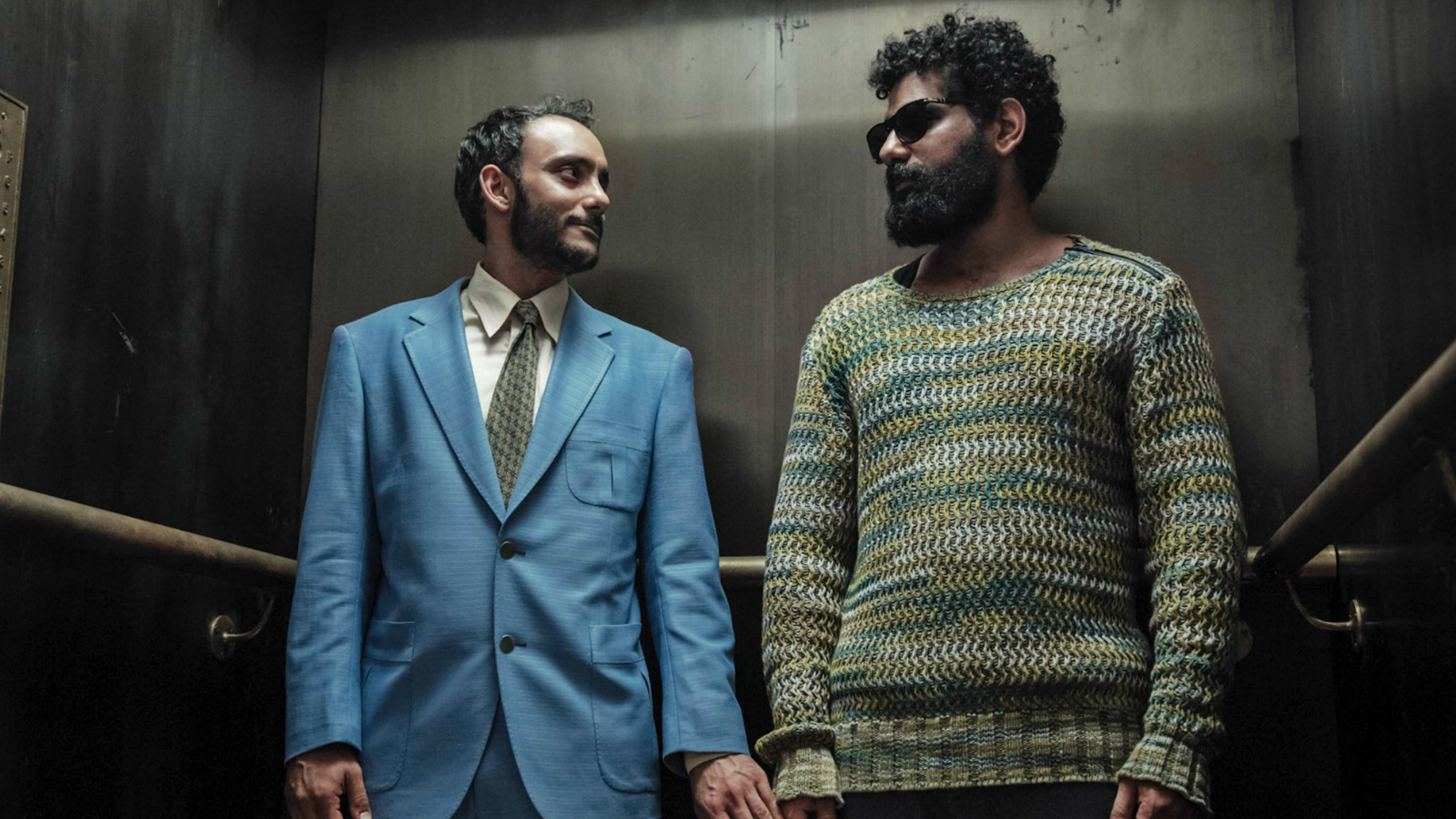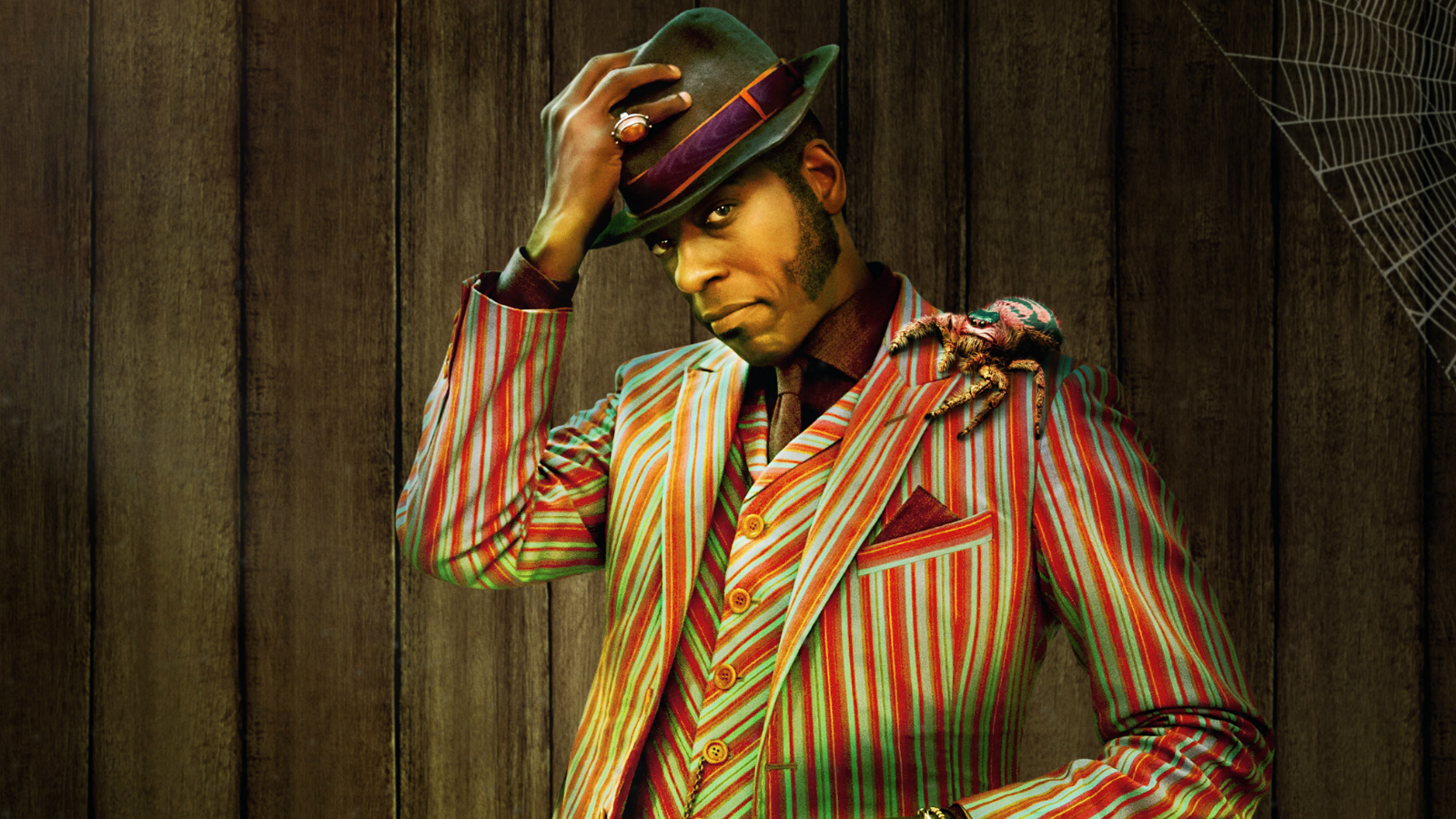GamesRadar+ Verdict
Seeing more of the gods’ treatment of ordinary humans makes this a deeper episode with touching moments of tenderness.
Why you can trust GamesRadar+
We’ve seen the power; we’ve seen the glory: Head Full of Snow changes the way we understand the gods by dwelling on their relationships with mortals. That’s not just me preaching about the ever-evolving banter between Shadow and Mr Wednesday either - glimpsing how two new gods treat the mortals in their life brings home how invested they can be in humans. I mean, it’s thanks to us that they’re walking about. It’s about time we were shown some of the gratitude mankind has long deserved.
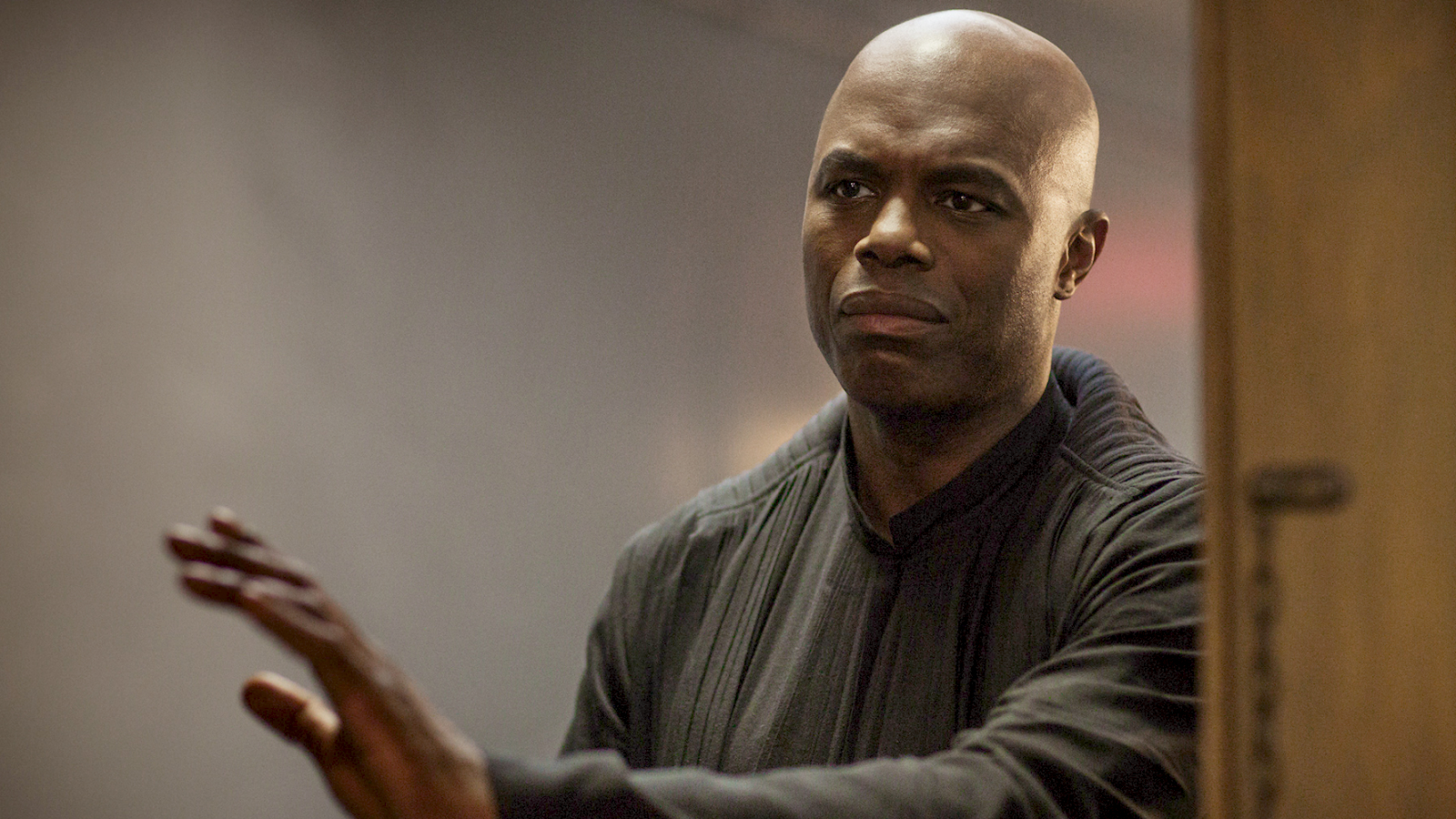
Kicking off with an altogether more modern-day Coming to America tale, we start in a crammed apartment building in Queens. The gods are definitely deadly, but we haven’t had the chance to see what’s in store for humans who have ‘passed on’ until now. A grumbling grandmother’s (Jacqueline Antaramian) brief vignette changes all that with the appearance of Anubis (Chris Obi), the Egyptian god associated with afterlife. His gentle manner of treating the recently-deceased grandmother (quick note: check none of your stools are wobbly, people) proves that not all gods want to rack up worshippers like Twitter followers, and actually have the capacity to empathise with them. Respect is something the gods thrive on and obsess over, yet Anubis isn’t above giving it to his worshippers. Telling the grandmother about her family’s future to put her mind at rest, his patience and fond laughing at her sharp observation that her grandchild will only be her namesake due to a “bullshit middle name” makes you realise just how much time gods should have for those who will them into existence. Humans are often consigned to the supporting cast in American Gods, and it’d be nice to see more ordinary homo sapiens interact with the deities.
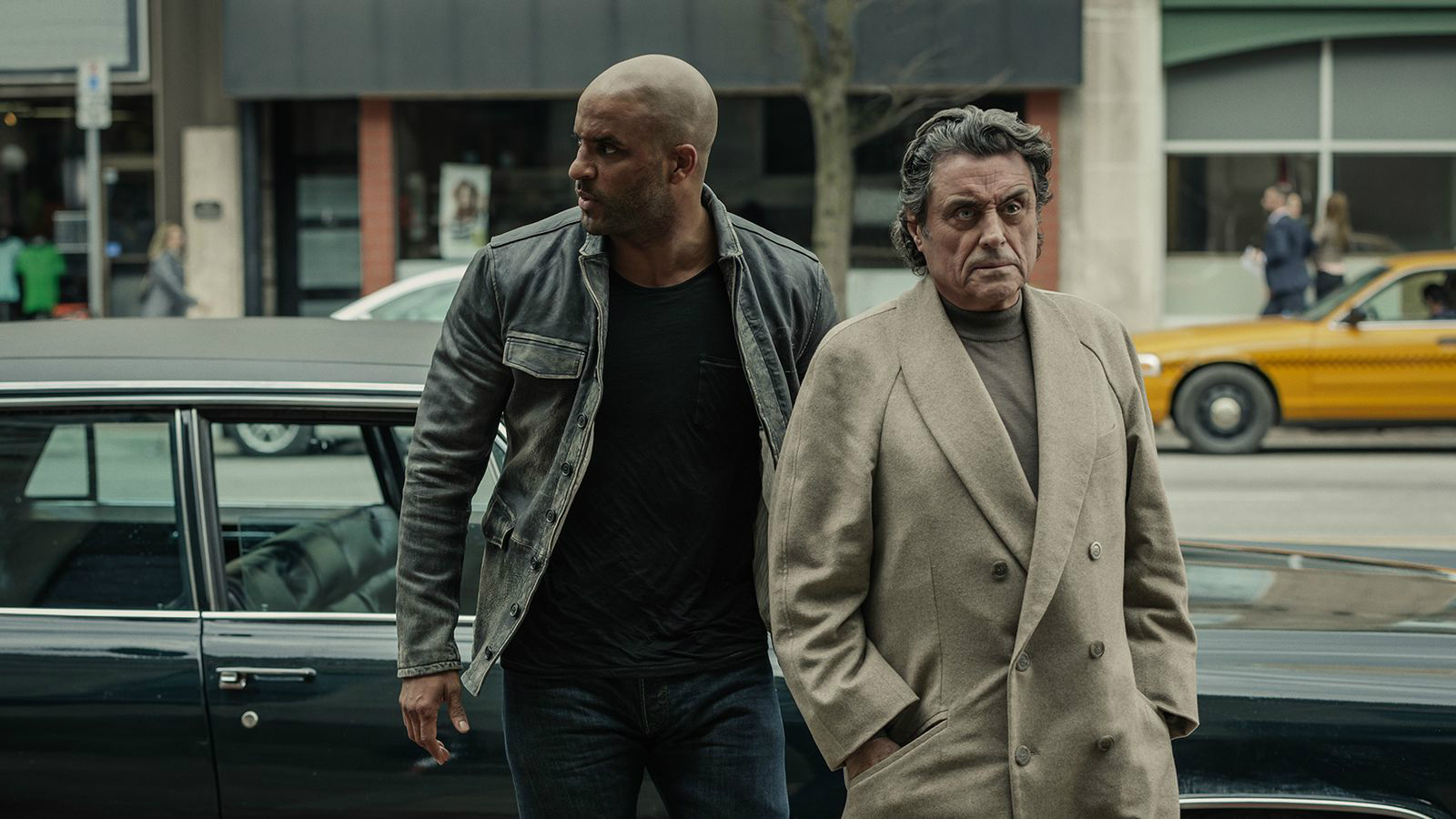
The series has just as much respect for its source material as Anubis does for the grandmother, as its full-on dream-fantasy scenes make you believe everything you see is real. Not by toning down the outlandish parts, but by pumping all its resources into them, American Gods makes them larger than life and so bold that you can’t deny them one bit. Continuing to astonish by forever expanding the definition of reality and fantasy to the point where we consider the gods’ dream-logic scenes normal, the show still manages to retain its essential ordinariness. So the apartment staircases that go on and on, and the copier that becomes tinged with frost in Shadow’s mind both feel relatable and yet are given that hint of the supernatural that makes us believe for a second that all this could be real.
One moment is a bit odd, where Zorya Polunochnaya rather whimsically asks Shadow for a kiss - because, of course, girls with big eyes in white dresses do that kind of thing - in exchange for gift. It comes across as a tad too ethereal and disconnected from the essential believability of the gods. All of the deities we meet blend into the ordinary world - the whole point of the series, really - because their faults, existence (Czernobog works in an abattoir, for christ’s sake), and appearance are so human. The naive Zorya Polunochnaya could be acting differently because she’s nocturnal, keeping an eye on the Big Dipper at night and so doesn’t really have the time to meet any other people. But still. It leaves a bad taste in my mouth. I can cope with a man suddenly having a spider head, but not a twee kiss. No thanks.
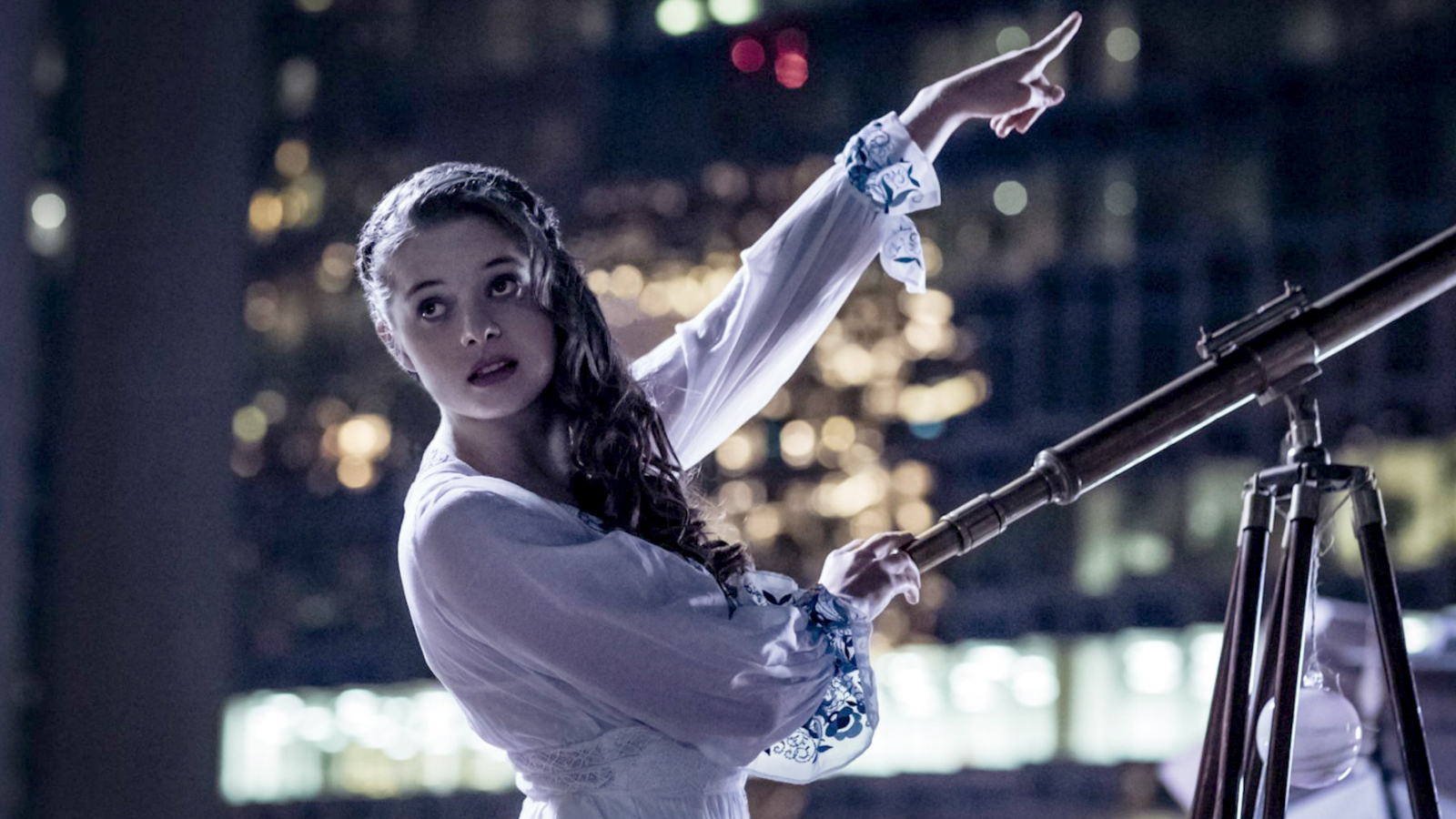
I can’t go much further without mentioning the exquisite sex scene between the Djinn (Mousa Kraish) and Salim (Omid Abtahi). Like the introduction of Anubis, this brief snippet of story proves the tenderness the gods are capable of. American Gods doesn’t shyly imply the two men spent the night together: oh no. The taboo of showing genitalia or explicit gay sex is thrown out the window, and having their affair transcend the bedroom to the Djinn’s world of black sands is a stark contrast to the callous hunger shown by Bilquis. The Djinn is just as forgotten as Bilquis, so their different approaches to connecting with humans show that we still have a lot to learn about the deities.
There are already some pointers as to where the series is going, but for the first time Shadow seems to be having some power creep into his fingertips. When told to imagine snow, to feel it, see it in his mind’s eye, a sudden snowstorm hits the city as he and Mr Wednesday are robbing a bank (because Mr Wednesday likes to keep a low profile). An interesting development indeed. Inklings that Shadow might be a god are creeping into the series, especially with the bold appearance of a wolf in the middle of the road. Standing there and staring at Shadow, the way that it makes Mr Wednesday chuckle is suspicious. Next episode is sure to only make me stroke my chin more. Things are definitely ramping up.
While here at GamesRadar, Zoe was a features writer and video presenter for us. She's since flown the coop and gone on to work at Eurogamer where she's a video producer, and also runs her own Twitch and YouTube channels. She specialises in huge open-world games, true crime, and lore deep-dives.
